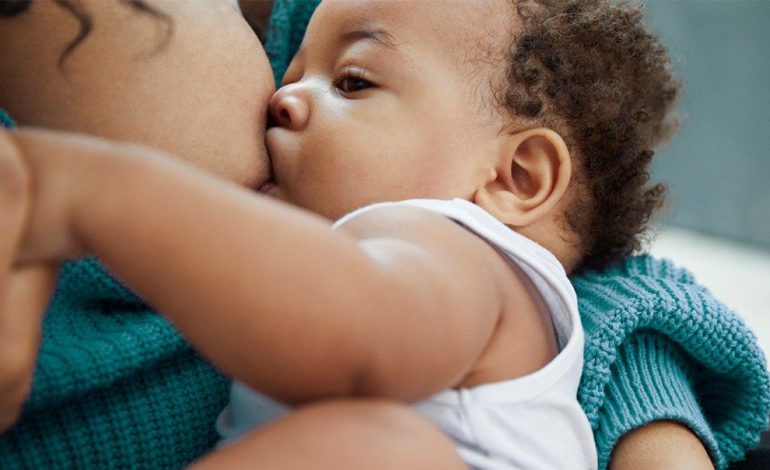World Breastfeeding Week: WHO guidelines on breastfeeding during Covid

Every year, the World Health Organisation (WHO) together with UNICEF and partner organisations lead the world in observing the World Breastfeeding Week. The week is aimed at creating awareness on the important role breastfeeding plays in the lives of both mother and baby.
The celebration, which occurs every first week of August, started on Sunday, August 1 and is set to end on Saturday, August 7. Breastfeeding plays a crucial role in an infant’s development and growth. Moreover, breastfeeding releases hormones from the mother’s body which promotes well-being and stress relief.
To enhance the realisation of these benefits, WHO often encourages those with breastfeeding family members and friends to support them. One way of support is to advise breastfeeding mothers to continue breastfeeding if possible during these Covid times. Breast milk contains antibodies that can help nursing mothers keep their children safe from the virus.
Since Coronavirus has presented new challenges to every aspect of life, WHO has released guidelines that nursing mothers can use if they suspect or have confirmed that they have the virus. The guidelines are as follows:
Wash your hands before breastfeeding
Before picking up your baby to breastfeed them, ensure your hands are clean. Wash them thoroughly using soap and clean water to guarantee you are clear from germs. You could also sanitize your hands to keep them clean when not in the reach of water and soap.
Cough or sneeze into a tissue and dispose it of immediately
When you cough and sneeze, infected droplets go into the air, and can in turn get into contact with your child. To avoid this, cough or sneeze into a tissue and dispose it of immediately. Alternatively, do this into the crook of your elbow to prevent the virus from spreading.
Image/Medical News Today
Clean and disinfect surfaces you have touched
Regularly clean and disinfect high-touch surfaces to reduce contamination. These include doorknobs, light switches, tables and handles. If your child is starting to stand, they could use surfaces such as tables for support. Disinfecting them thus helps protect them against the risk of contracting the virus.
Wear a mask where possible
Use a mask or covering when holding and breastfeeding your baby. This owes to the difficulty in sneezing and coughing into a piece of cloth when they are in your arms. A mask will therefore block the droplets from reaching the baby. WHO, however, advises that if a mask is not available, continue breastfeeding as benefits outweigh the potential risk of transmitting the virus.
Observe hygiene while expressing milk for your baby
For mothers who prefer to express milk for their baby to feed later, ensure that your hands are clean and that the pump parts have been sterilised. If your baby is being fed by a caregiver, insist that they must wash their hands properly before feeding the baby and that they wear a mask while feeding the baby.
With these measures in mind, breastfeeding mothers should embrace their lactating journey to ensure their baby gets the necessary nutrients found in breast milk.




